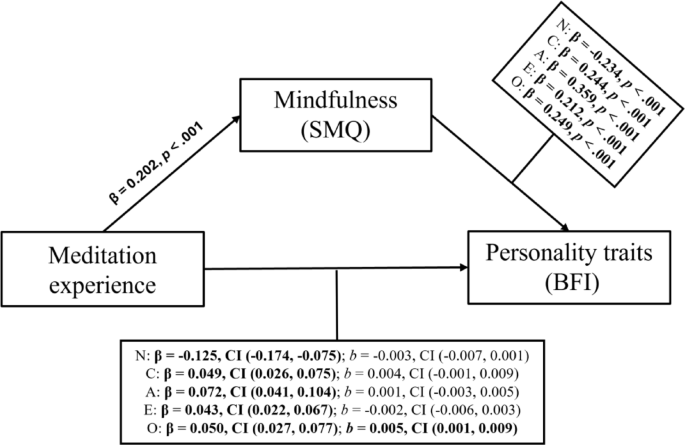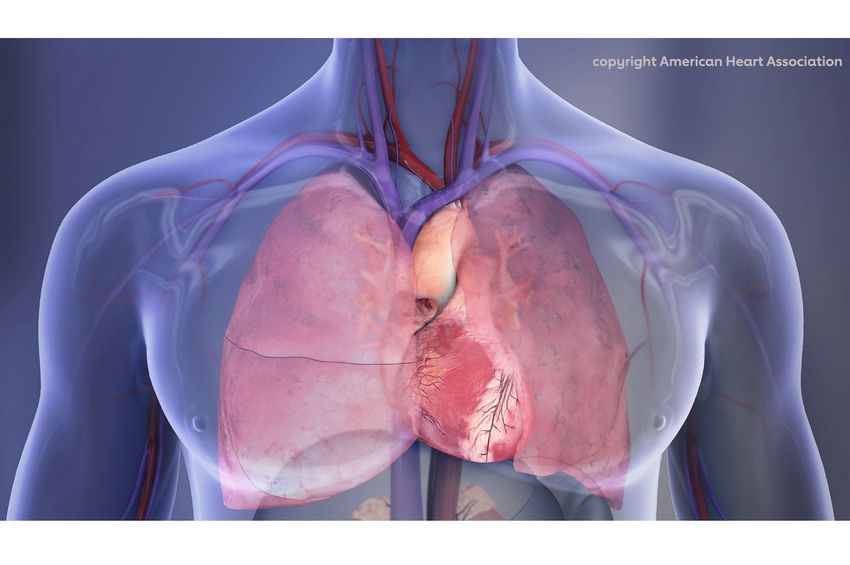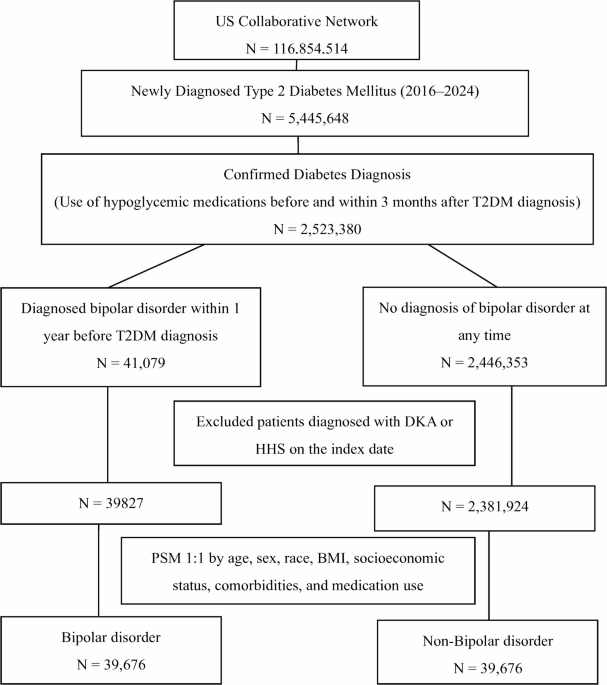AI for mental health: clinician expectations and priorities in computational psychiatry | BMC Psychiatry

Jaeschke K, Hanna F, Ali S, Chowdhary N, Dua T, Charlson F. Global estimates of service coverage for severe mental disorders: findings from the WHO Mental Health Atlas 2017. Glob Ment Health. 2021;8:e27.
Google Scholar
Arias D, Saxena S, Verguet S. Quantifying the global burden of mental disorders and their economic value. EClinicalMedicine. 2022;54. https://www.thelancet.com/journals/eclinm/article/PIIS2589-5370(22)00405-9/fulltext.
Cheng N, Mohiuddin S. Addressing the nationwide shortage of child and adolescent psychiatrists: determining factors that influence the decision for psychiatry residents to pursue child and adolescent psychiatry training. Acad Psychiatr. 2022:1–7. https://link.springer.com/article/10.1007/s40596-021-01554-4.
Melcop N, von Werder T, Sarubin N, Benecke A. The role of psychotherapy in the German Health Care System. Clin Psychol Eur. 2019;1(4):1–12.
Google Scholar
Reddy M. Depression: the disorder and the burden. New Delhi: SAGE Publications Sage India; 2010.
Doraiswamy PM, London E, Varnum P, Harvey B, Saxena S, Tottman S, et al. Empowering 8 billion minds: Enabling better mental health for all via the ethical adoption of technologies. NAM Perspect. 2019;2019. https://pmc.ncbi.nlm.nih.gov/articles/PMC8406599/.
Sinha P, Hussain T, Boora NK, Rao G, Varghese M, Gururaj G, et al. Prevalence of Common mental disorders in older adults: Results from the National Mental Health Survey of India. Asian J Psychiatry. 2020;55:102463. https://doi.org/10.1016/j.ajp.2020.102463.
Google Scholar
Doblytė S, Jiménez-Mejías E. Understanding Help-Seeking Behavior in Depression. Qual Health Res. 2017;27:100–13. https://doi.org/10.1177/1049732316681282.
Google Scholar
Cuijpers P, Karyotaki E, Weitz E, Andersson G, Hollon SD, van Straten A. The effects of psychotherapies for major depression in adults on remission, recovery and improvement: a meta-analysis. J Affect Disord. 2014;159:118–26.
Google Scholar
Connolly KR, Thase ME. If at first you don’t succeed: a review of the evidence for antidepressant augmentation, combination and switching strategies. Drugs. 2011;71:43–64.
Google Scholar
Hardeveld F, Spijker J, De Graaf R, Nolen W, Beekman A. Recurrence of major depressive disorder and its predictors in the general population: results from The Netherlands Mental Health Survey and Incidence Study (NEMESIS). Psychol Med. 2013;43(1):39–48.
Google Scholar
Chekroud AM, Lane CE, Ross DA. Computational psychiatry: embracing uncertainty and focusing on individuals, not averages. Biol Psychiatry. 2017;82(6):e45–7.
Google Scholar
Koutsouleris N, Hauser TU, Skvortsova V, De Choudhury M. From promise to practice: towards the realisation of AI-informed mental health care. Lancet Digit Health. 2022;4(11):e829–40.
Google Scholar
Winter NR, Cearns M, Clark SR, Leenings R, Dannlowski U, Baune BT, et al. From multivariate methods to an AI ecosystem. Mol Psychiatry. 2021;26(11):6116–20.
Google Scholar
Bzdok D, Meyer-Lindenberg A. Machine learning for precision psychiatry. 2017. arXiv preprint arXiv:1705.10553.
Steinhubl SR, Muse ED, Topol EJ. Can mobile health technologies transform health care? JAMA. 2013;310(22):2395–6.
Google Scholar
Obermeyer Z, Emanuel EJ. Predicting the future–big data, machine learning, and clinical medicine. N Engl J Med. 2016;375(13):1216–9.
Google Scholar
Cohen IG, Graver HS. Cops, docs, and code: a dialogue between big data in health care and predictive policing. UCDL Rev. 2017;51:437.
Frey CB, Osborne MA. The future of employment: How susceptible are jobs to computerisation? Technol Forecast Soc Chang. 2017;114:254–80.
Google Scholar
Firth J, Torous J, Nicholas J, Carney R, Rosenbaum S, Sarris J. Can smartphone mental health interventions reduce symptoms of anxiety? A meta-analysis of randomized controlled trials. J Affect Disord. 2017;218:15–22.
Google Scholar
Gillan CM, Rutledge RB. Smartphones and the neuroscience of mental health. Ann Rev Neurosci. 2021;44(1):129–51.
Google Scholar
D’Alfonso S. AI in mental health. Curr Opin Psychol. 2020;36:112–7.
Google Scholar
Chekroud AM, Hawrilenko M, Loho H, Bondar J, Gueorguieva R, Hasan A, et al. Illusory generalizability of clinical prediction models. Science. 2024;383(6679):164–7.
Google Scholar
Olawade DB, Wada OZ, Odetayo A, David-Olawade AC, Asaolu F. Eberhardt J. Enhancing mental health with Artificial Intelligence: Current trends and future prospects. J Med Surg Public Health; 2024. p. 100099.
Lee EE, Torous J, De Choudhury M, Depp CA, Graham SA, Kim HC, et al. Artificial intelligence for mental health care: clinical applications, barriers, facilitators, and artificial wisdom. Biol Psychiatry Cogn Neurosci Neuroimaging. 2021;6(9):856–64.
Google Scholar
Doraiswamy PM, Blease C, Bodner K. Artificial intelligence and the future of psychiatry: insights from a global physician survey. Artif Intell Med. 2020;102:101753.
Google Scholar
Weermeijer J, Kiekens G, Wampers M, Kuppens P, Myin-Germeys I. Practitioner perspectives on the use of the experience sampling software in counseling and clinical psychology. Behav Inf Technol. 2024;43(3):540–50.
Google Scholar
Sullivan GM, Artino AR Jr. Analyzing and interpreting data from Likert-type scales. J Grad Med Educ. 2013;5(4):541–2.
Google Scholar
Solaiman B, Malik A, Ghuloum S. Monitoring Mental health: legal and ethical considerations of using artificial intelligence in psychiatric wards. Am J Law Med. 2023;49(2–3):250–66.
Google Scholar
Torous J, Blease C. Generative artificial intelligence in mental health care: potential benefits and current challenges. World Psychiatry. 2024;23(1):1.
Google Scholar
Salazar de Pablo G, Studerus E, Vaquerizo-Serrano J, Irving J, Catalan A, Oliver D, et al. Implementing precision psychiatry: a systematic review of individualized prediction models for clinical practice. Schizophr Bull. 2021;47(2):284–97.
Trull TJ, Ebner-Priemer U. Ambulatory assessment. Annu Rev Clin Psychol. 2013;9(1):151–76.
Google Scholar
Fonseka TM, Bhat V, Kennedy SH. The utility of artificial intelligence in suicide risk prediction and the management of suicidal behaviors. Aust N Z J Psychiatry. 2019;53(10):954–64.
Google Scholar
Reger GM, McClure ML, Ruskin D, Carter SP, Reger MA. Integrating predictive modeling into mental health care: an example in suicide prevention. Psychiatry Serv. 2019;70(1):71–4.
Google Scholar
Manchia M, Pisanu C, Squassina A, Carpiniello B. Challenges and future prospects of precision medicine in psychiatry. Pharmacogenomics and personalized medicine. 2020:127–140.
Aǧargün MY, Kara H, Solmaz M. Subjective sleep quality and suicidality in patients with major depression. J Psychiatry Res. 1997;31(3):377–81.
Google Scholar
Becker NB, Jesus SN, Joao KA, Viseu JN, Martins RI. Depression and sleep quality in older adults: a meta-analysis. Psychol Health Med. 2017;22(8):889–95.
Google Scholar
Dinis J, Bragança M. Quality of sleep and depression in college students: a systematic review. Sleep Sci. 2018;11(04):290–301.
Google Scholar
Lyall LM, Wyse CA, Graham N, Ferguson A, Lyall DM, Cullen B, et al. Association of disrupted circadian rhythmicity with mood disorders, subjective wellbeing, and cognitive function: a cross-sectional study of 91 105 participants from the UK Biobank. Lancet Psychiatry. 2018;5(6):507–14.
Google Scholar
Roshanaei-Moghaddam B, Katon WJ, Russo J. The longitudinal effects of depression on physical activity. Gen Hosp Psychiatry. 2009;31(4):306–15.
Google Scholar
Camacho TC, Roberts RE, Lazarus NB, Kaplan GA, Cohen RD. Physical activity and depression: evidence from the Alameda County Study. Am J Epidemiol. 1991;134(2):220–31.
Google Scholar
Koch C, Wilhelm M, Salzmann S, Rief W, Euteneuer F. A meta-analysis of heart rate variability in major depression. Psychol Med. 2019;49(12):1948–57.
Google Scholar
Carney RM, Freedland KE. Depression and heart rate variability in patients with coronary heart disease. Cleve Clin J Med. 2009;76(Suppl 2):S13.
Google Scholar
Weissenburger J, Rush AJ, Giles DE, Stunkard AJ. Weight change in depression. Psychiatry Res. 1986;17(4):275–83.
Google Scholar
Forbes MK, Neo B, Nezami OM, Fried EI, Faure K, Michelsen B, et al. Elemental psychopathology: Distilling constituent symptoms and patterns of repetition in the diagnostic criteria of the DSM-5. Psychol Med. 2024;54(5):886–94.
Google Scholar
Jamalabadi H, Stocker E, Koosha TA, Jansen A, Ebner-Priemer U, Rieble CL, et al. Optimizing the Frequency of Ecological Momentary Assessments Using Signal Processing. 2024. https://osf.io/preprints/psyarxiv/hev28_v1.
Hallensleben N, Glaesmer H, Forkmann T, Rath D, Strauss M, Kersting A, et al. Predicting suicidal ideation by interpersonal variables, hopelessness and depression in real-time. An ecological momentary assessment study in psychiatric inpatients with depression. Eur Psychiatry. 2019;56(1):43–50.
Smeland OB, Andreassen OA. Polygenic risk scores in psychiatry-Large potential but still limited clinical utility. Eur Neuropsychopharmacol. 2021;51:68–70.
Google Scholar
Abdar M, Książek W, Acharya UR, Tan RS, Makarenkov V, Pławiak P. A new machine learning technique for an accurate diagnosis of coronary artery disease. Comput Methods Prog Biomed. 2019;179:104992.
Google Scholar
Insel TR. Digital phenotyping: technology for a new science of behavior. JAMA. 2017;318(13):1215–6.
Google Scholar
Torous J, Onnela J, Keshavan M. New dimensions and new tools to realize the potential of RDoC: digital phenotyping via smartphones and connected devices. Transl Psychiatry. 2017;7(3):e1053–e1053.
Google Scholar
Teutenberg L, Stein F, Thomas-Odenthal F, Usemann P, Brosch K, Winter N, et al. Machine learning-based prediction of illness course in major depression: the relevance of risk factors. J Affect Disord. 2025;374:513–22.
Google Scholar
Walter M, Alizadeh S, Jamalabadi H, Lueken U, Dannlowski U, Walter H, et al. Translational machine learning for psychiatric neuroimaging. Prog Neuropsychopharmacol Biol Psychiatry. 2019;91:113–21.
Google Scholar
Monteith S, Glenn T, Geddes J, Whybrow PC, Achtyes E, Bauer M. Expectations for artificial intelligence (AI) in psychiatry. Curr Psychiatry Rep. 2022;24(11):709–21.
Google Scholar
Hedderich DM, Eickhoff SB. Machine learning for psychiatry: getting doctors at the black box? Mol Psychiatry. 2021;26(1):23–5.
Google Scholar
Chekroud AM, Zotti RJ, Shehzad Z, Gueorguieva R, Johnson MK, Trivedi MH, et al. Cross-trial prediction of treatment outcome in depression: a machine learning approach. Lancet Psychiatry. 2016;3(3):243–50.
Google Scholar
Nielsen AN, Barch DM, Petersen SE, Schlaggar BL, Greene DJ. Machine learning with neuroimaging: evaluating its applications in psychiatry. Biol Psychiatry Cogn Neurosci Neuroimaging. 2020;5(8):791–8.
Google Scholar
link







